Menopause treatment: medications, lifestyle and self-care
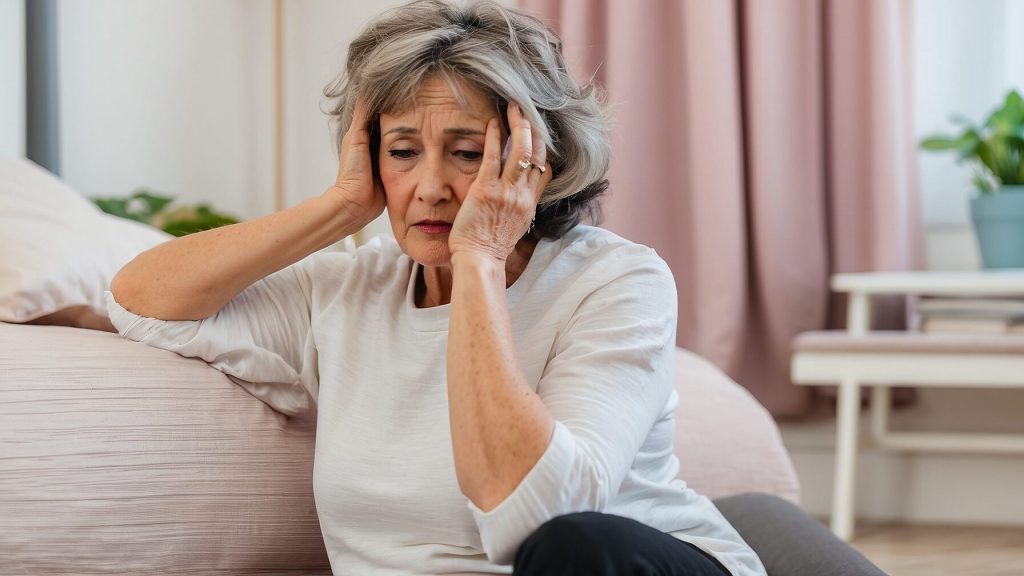
Many women suffer from menopausal changes and discomfort. From hot flashes and mood swings to sleep disturbances and vaginal dryness, a range of symptoms can have a significant impact on daily life.
Treating these symptoms requires a variety of approaches, including medications, lifestyle adjustments, and self-care strategies. This article provides an overview of the most common menopause treatment options and their effectiveness.
Menopause treatment options
Often, the best way to manage menopause symptoms is to combine medication with self-help or lifestyle changes. Medications can relieve symptoms by addressing hormonal imbalances and reducing certain problems associated with menopause.
The most common medications are hormone therapy, selective serotonin reuptake inhibitors (SSRIs), and gabapentin. Hormone therapy treats all symptoms associated with menopause; SSRIs improve hot flashes, night sweats, and mood swings. Gabapentin is a medication used to treat neuropathy and helps reduce symptoms.”
Self-care and lifestyle adjustments can go a long way toward alleviating the discomfort associated with menopause.
In addition, a behavioral medicine specialist can help with mood changes.
Medications for menopause
Menopause does not usually require treatment, but the focus should be on symptom relief and management of co-morbid chronic conditions. According to the Mayo Clinic, treatments for menopause include
Hormone therapy
Estrogen therapy is very effective in alleviating menopausal hot flashes. Estrogen therapy is very effective in alleviating menopausal hot flashes. For women with a uterus, progestin is used in combination with estrogen. Long-term hormone therapy has some risks, but starting treatment during menopause has been shown to be effective for some women.
Vaginal estrogens.
Estrogen is a hormone that is produced naturally in the body and plays an important role in the development and maintenance of the female reproductive organs. However, when the body is deficient in estrogen, estrogen replacement can alleviate discomforting changes in the vagina, vulva and urethra. Thus, restoring estrogen levels can improve overall comfort and well-being.
According to the Mayo Clinic, hormone replacement therapy is a practical approach to addressing these problems.
Estrogen can be injected directly into the vagina using creams, pills, or rings. Topical application releases a small amount of estrogen that is absorbed into the vaginal tissues, helping to relieve vaginal dryness, discomfort during intercourse, and some urinary symptoms.
Estrogen replacement medications include Estrace, Estring, Femring, Imvexxy, Ortho Dienestrol, Premarin, Premarin Vaginal, and Vagifem.
Low-dose antidepressants
Low-dose antidepressants, particularly selective serotonin reuptake inhibitors (SSRIs), can reduce menopausal hot flashes. This option is useful for women who cannot take estrogen for health reasons or who need antidepressants to treat mood disorders.
Susan G. Komen Women’s Health Foundation notes that SSRIs commonly used to treat menopausal symptoms include:
- Citalopram (Celexa)
- Escitalopram (Lexapro)
- Fluoxetine (Prozac)
- Paroxetine (Paxil)
- Sertraline (Zoloft)
Gabapentin (Horizant, Gralise, Neurontin).
Gabapentin is primarily used to treat seizures, but according to the Cleveland Clinic, it also reduces hot flashes, making it a suitable alternative for women who cannot take estrogen therapy or suffer from nighttime hot flashes.
Clonidine (Catapres).
According to the Cleveland Clinic, clonidine relaxes blood vessels and decreases blood pressure and heart workload. Clonidine in tablet or patch form may relieve hot flashes.
Fezolinetant (Veozah).
Hormone therapy is still the best medicine for hot flashes, but for those for whom this medicine is not a good fit, new medications will soon be available that are more specialized for hot flashes and have fewer side effects than previous options,” says Rebecca Dunsmore, chief medical officer of Gennev, an online clinic for menopausal care. Dr. Sue says. She is also director of menopause at the Swedish Women’s Clinic in Seattle and co-medical director of the Seattle Clinical Research Center. Veozah (fezolinatant) was recently approved by the U.S. Food and Drug Administration for the treatment of hot flashes in menopausal women. It is the first drug treatment of its kind and a viable option for those who cannot afford hormone therapy. The drug, which contains no hormones, blocks the brain pathway that regulates body temperature, making it a viable option for treating hot flashes.
Self-Care and Lifestyle Modifications
In addition to medical intervention, self-care and lifestyle modifications are important in the management of menopausal symptoms, especially hot flashes. These proactive measures can help women feel more secure and improve their sense of well-being. Here are some recommended practices for maximum benefit
Regular Exercise
According to the Mayo Clinic, the U.S. Department of Health and Human Services recommends at least 150 minutes per week of moderate aerobic exercise or 75 minutes per week of vigorous aerobic exercise for most women in good health.
Adequate Sleep
Many women experience sleep problems during menopause, a period of irregular hormone levels and menstruation before menopause,” said Dr. Grace Pien, assistant professor of medicine at the Johns Hopkins Sleep Disorders Center in Baltimore, according to the university’s website. In many cases, sleep deprivation lasts through the menopausal transition and into postmenopause.” Pien recommends specific goals. She advises, “Women should aim for seven to eight hours of quality sleep per night.”
Healthy Eating
Maintaining a balanced diet is essential throughout life, but during menopause it is even more important to give the body the care and attention it needs. As your metabolism changes and your risk for osteoporosis and other conditions increases, adjusting your diet can help you proactively address future symptoms. Dr. Lynn Patimakiel, a women’s health specialist at the Cleveland Clinic, recommends consuming foods rich in mixed vegetables, protein, and calcium. If you don’t know where to start, the Mediterranean diet offers a comprehensive meal plan that emphasizes lean protein, whole grains, and rich plant foods.
Stress reduction techniques
Breathing techniques, such as deep abdominal breathing, can be practical tools for stress reduction during menopause. They activate the body’s relaxation response, leading to a sense of calm and reduced anxiety.
Guided imagery and meditation techniques are also recommended by the North American Menopause Society as valuable practices for managing stress and promoting relaxation and emotional well-being. Incorporating these techniques into daily life can provide valuable coping strategies for women.
Wear layers of clothing.
The National Institute on Aging recommends that menopausal women wear layers of clothing that can be removed when hot flashes begin. Many medical experts recommend light, breathable clothing and layered clothing to cope with temperature changes and deal with hot flashes quickly. Natural fibers like cotton are especially comfortable.
Cool environment
Keep room temperatures cool and use fans or air conditioning to create a comfortable environment that minimizes hot flashes. The NIH also recommends carrying a portable fan in case a hot flash strikes.
Hydration.
Stay well hydrated throughout the day. Proper hydration helps regulate body temperature. Aim for 8 to 12 glasses of water per day to help relieve menopausal symptoms. Drinking water also reduces bloating caused by hormonal changes.
Ease the Transition to Menopause
Menopause is a transformational time in a woman’s life that brings a variety of physical and emotional changes. With proper treatment, including hormone therapy and self-care strategies, women can relieve bothersome symptoms and improve their overall sense of well-being. In addition, by working closely with health care professionals and adopting a holistic approach, women can face the next chapter of their lives with confidence and vitality.
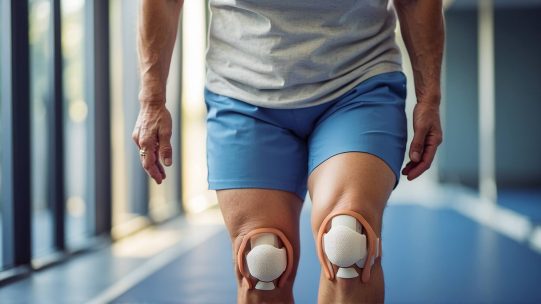


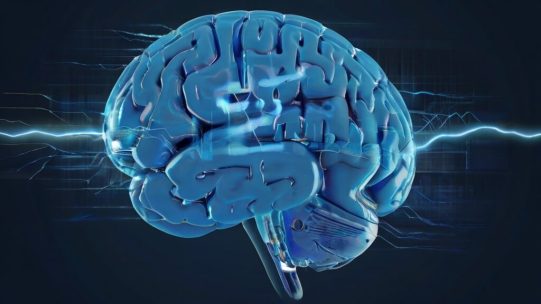

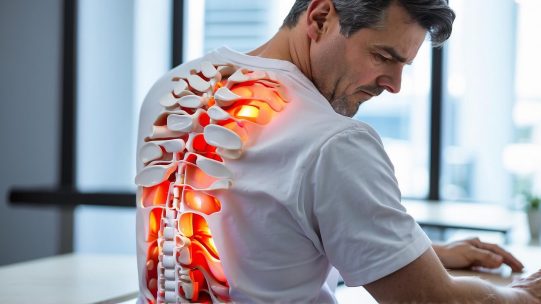
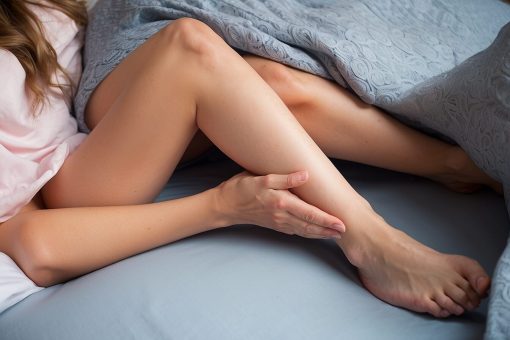

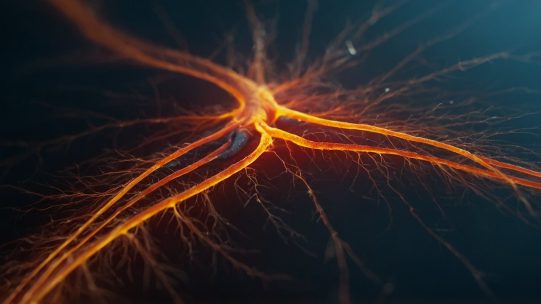
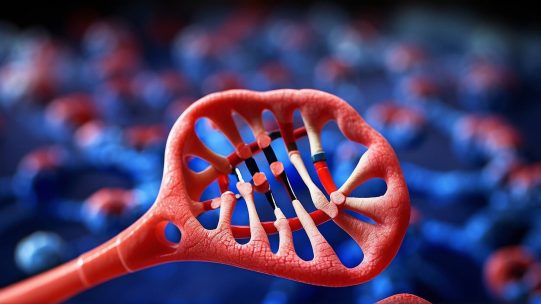
Comment